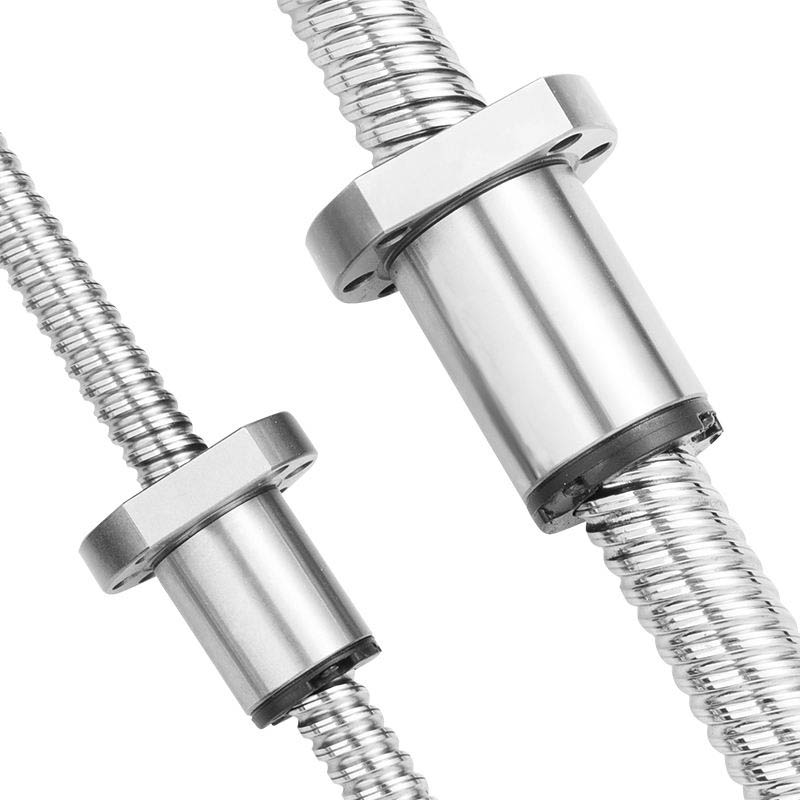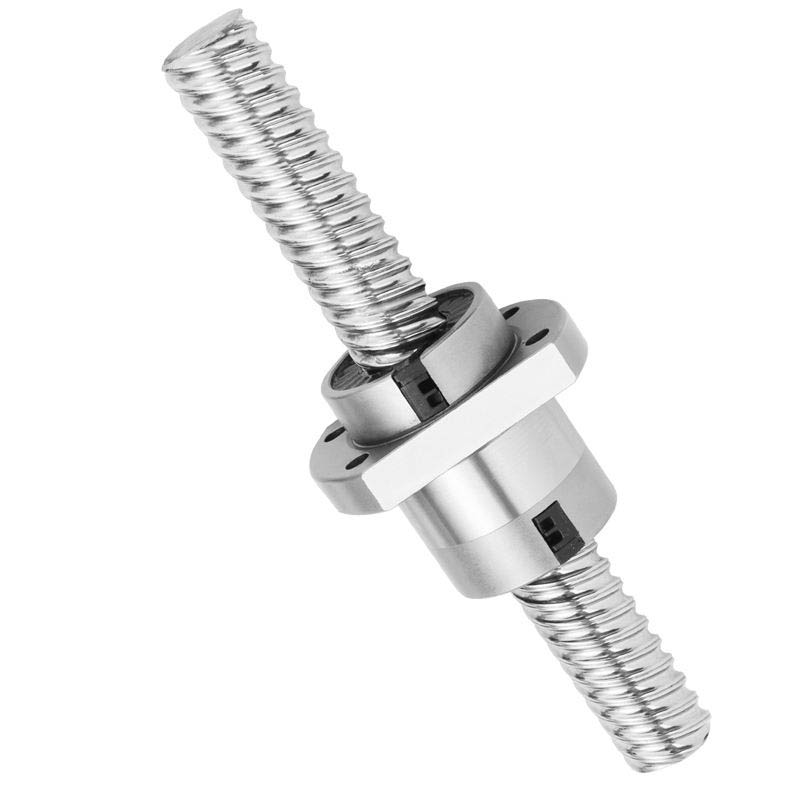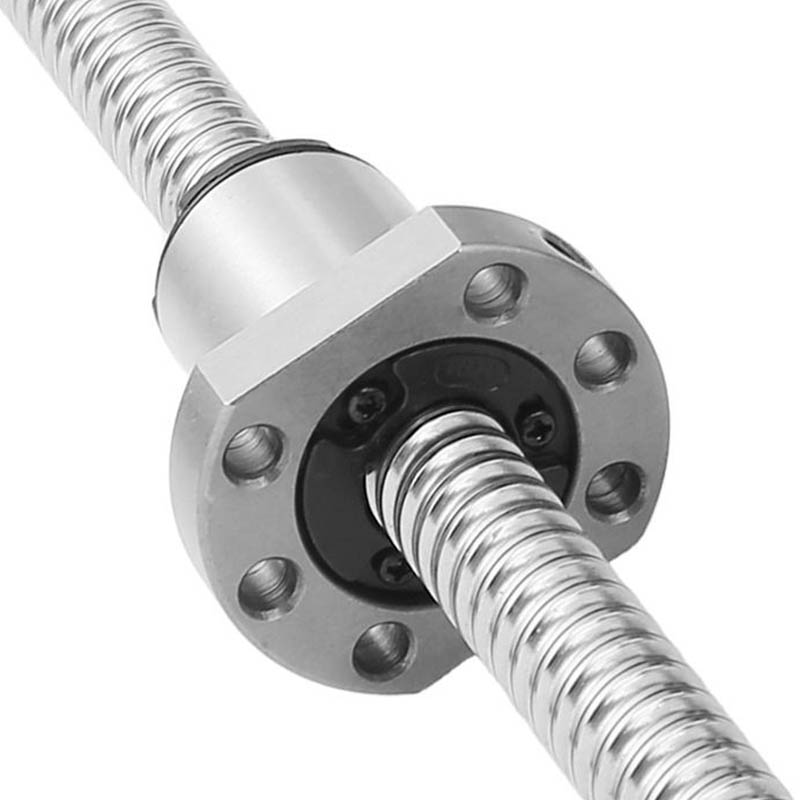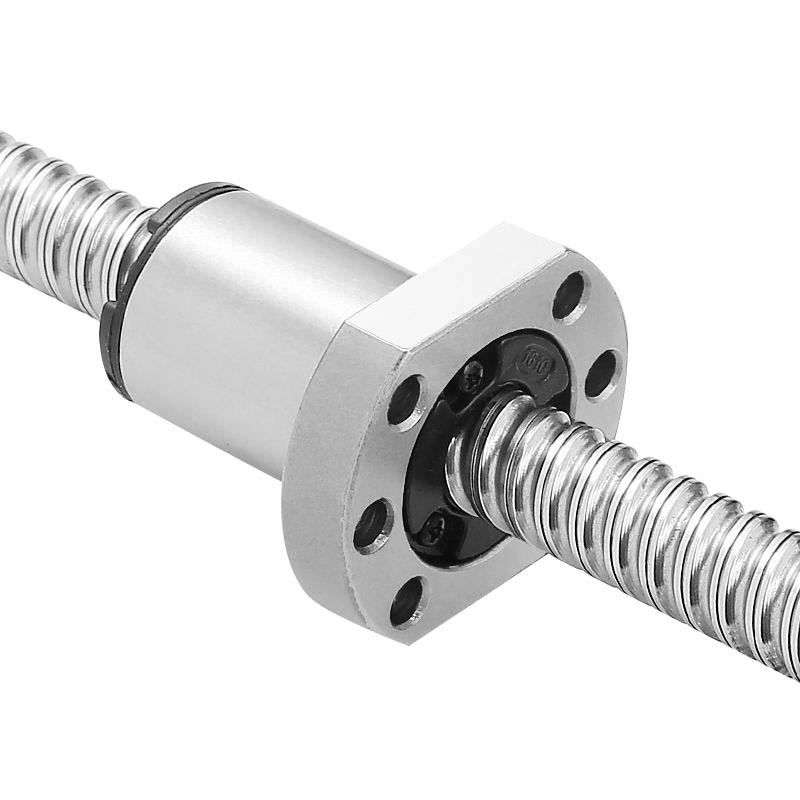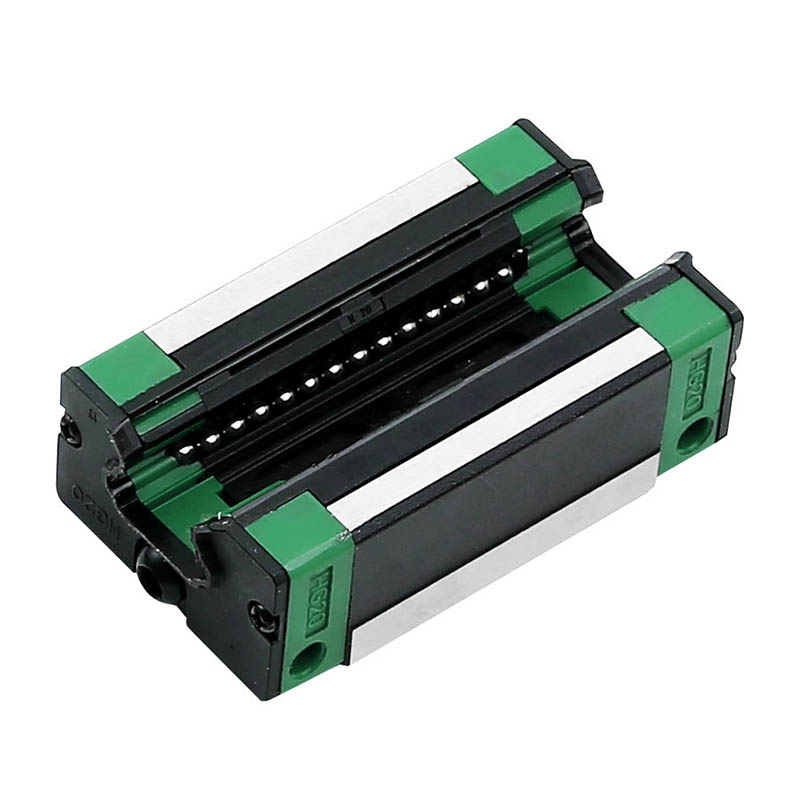Supply Sale Cheap Linear Rail SBR Bearings Block Producer
In the food processing industry, precision components are crucial for ensuring safety, efficiency, and consistency in production. Among the critical parts in food machinery are linear rail bearing blocks and SBR bearings, which provide smooth, reliable motion for equipment involved in various tasks like slicing, packaging, and transporting food products. Due to the sensitive nature of food production, these precision components must meet specific requirements to guarantee product safety and equipment performance.
High Sanitary Standards
One of the primary concerns in food machinery is hygiene. Components like linear rail bearing blocks and SBR bearings must be designed to meet strict sanitary standards. This means materials used in these parts should be resistant to corrosion, easy to clean, and compliant with food safety regulations. Stainless steel, for example, is often preferred for its ability to withstand exposure to moisture and harsh cleaning agents used in the food industry.
Additionally, food processing environments often involve high humidity and frequent washdowns, which can cause rust or contamination if the precision components are not resistant to these conditions. Bearing blocks and rails should have smooth surfaces that resist the accumulation of dirt and bacteria, and their design should allow easy disassembly for cleaning and maintenance.
Durability and Wear Resistance
Food machinery operates continuously in more cases, meaning components like linear rail bearings and SBR bearings must withstand prolonged use without significant wear. The bearings and rail systems must handle high-speed operations and frequent starts and stops, all while maintaining precise positioning. High levels of durability reduce the frequency of repairs or replacements, contributing to a lower total cost of ownership over time.
Bearings that wear prematurely can advance to operational downtime, reduced production efficiency, and even product contamination. Therefore, the materials and construction of these precision components must be chosen with wear resistance in mind. The bearings must be able to handle both the mechanical loads of the equipment and the environmental conditions of food processing.
Smooth and Reliable Motion
Precision in motion is critical for food machinery that involves tasks such as cutting, portioning, or packaging. Linear rail bearing blocks and SBR bearings are responsible for guiding parts of the machine along precise paths. This motion must be smooth and consistent to ensure that food products are processed uniformly and without defects. Any inaccuracies or irregularities in movement can affect the quality and safety of the final product.
Bearings used in these applications must provide low friction and small play between the moving parts. The linear motion systems should also be robust enough to maintain their precision over extended periods of use, less the need for recalibration or adjustments. Achieving this requires selecting components with tight tolerances and high-quality manufacturing processes.
Temperature and Chemical Resistance
Food machinery often operates in environments with bad temperature variations, such as ovens, freezers, or steam-based processing systems. Precision components like linear rails and bearings must function reliably in both high and low temperatures without experiencing thermal expansion or contraction that could affect their performance. For example, SBR bearings used in machinery may need to operate in both cold storage and cooking processes, where durability across a wide temperature range is essential.
Furthermore, food processing requires frequent exposure to cleaning chemicals, lubricants, and sometimes food ingredients that could be abrasive or corrosive. Precision components must be manufactured from materials that are resistant to these chemicals to avoid degradation over time. Proper sealing of the bearing blocks is also essential to prevent any contaminants from entering sensitive areas of the machine.
Noise and Vibration Reduction
Another key consideration in the food industry is the reduction of noise and vibration. Food production facilities often house multiple machines operating simultaneously, and excess noise can be a safety hazard and a source of discomfort for workers. Moreover, vibrations can advance to premature wear on equipment and cause issues with the consistency of the production process.
Precision components such as linear rail bearing blocks play a role in less of these factors. Bearings with good shock absorption and low friction helps reduce operational noise, contributing to a more pleasant working environment and prolonging the life of the equipment. Additionally, smoother motion reduces the risk of vibrations transferring to other parts of the machinery, thus protecting the integrity of the overall system.
Compliance with Industry Regulations
Finally, precision components used in food machinery must comply with both national and international industry regulations. This ensures that the machinery meets the necessary safety and quality standards for food production. Linear rail bearings and SBR bearings must be sourced from manufacturers who can guarantee that their products are certified for food industry use, particularly in terms of material composition and design standards.
These regulations are not only about ensuring food safety but also about equipment reliability. Components that meet recognized standards are less likely to fail, reducing the risk of downtime or contamination in a food processing environment.
Precision components such as linear rail bearing blocks and SBR bearings are vital to the effective operation of food machinery. They must meet unique requirements to ensure hygiene, durability, smooth motion, temperature resistance, and compliance with industry standards. By selecting precision components that align with these requirements, food machinery operators can ensure both the safety of the food products they produce and the long-term reliability of their equipment.








 English
English 中文简体
中文简体 русский
русский Español
Español
